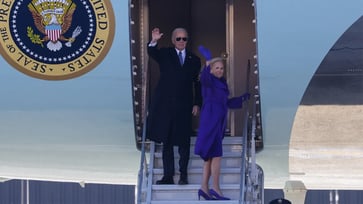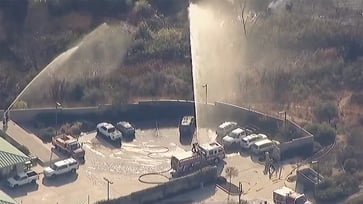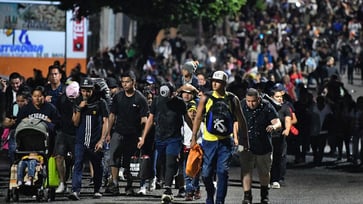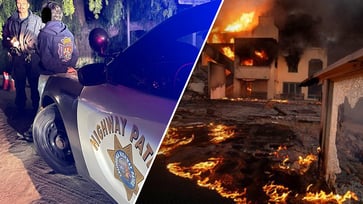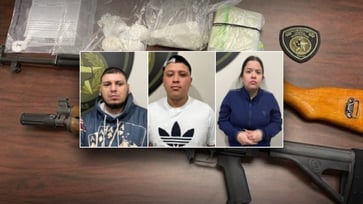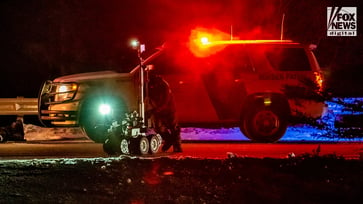Is it legal to take a ballot selfie in your state?
Gregg Jarrett, an adjunct law professor, believes that state laws banning ballot selfies are unreasonable and illogical.
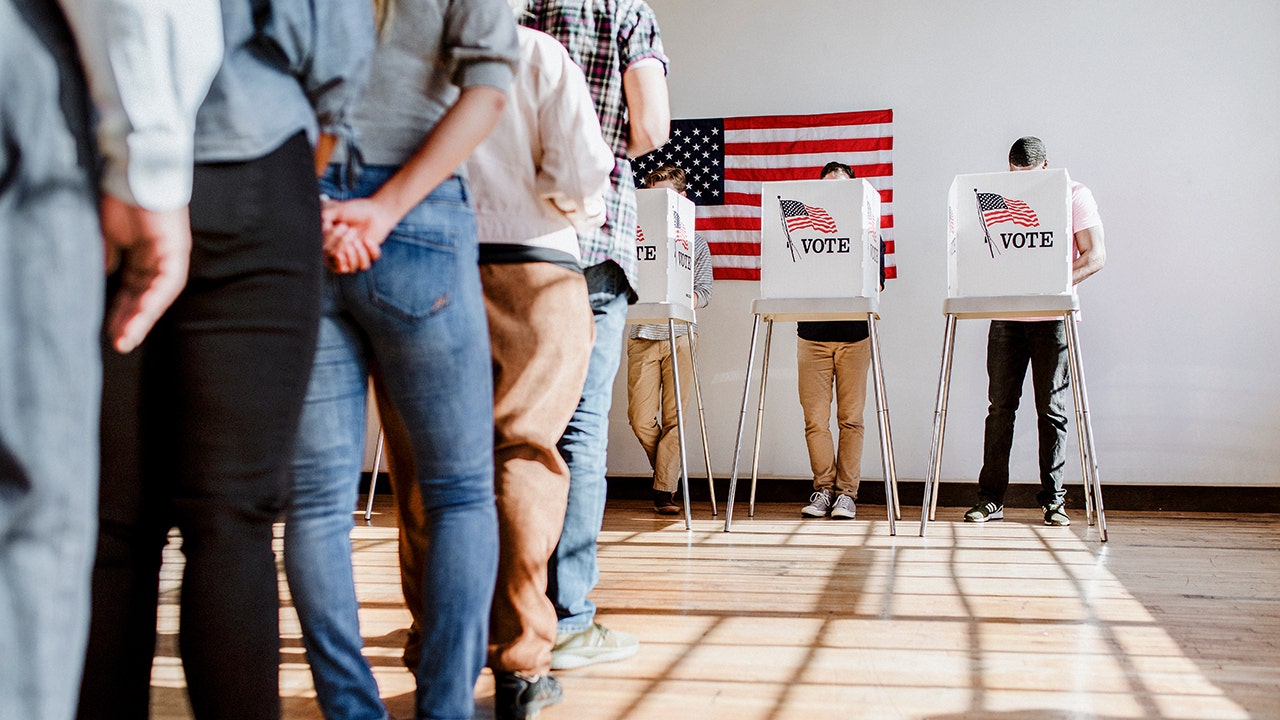
It's common to see voters taking photos of their ballots at polling stations, but in certain states, doing so is illegal and can result in imprisonment.
In 13 states, it is illegal to take a selfie with a ballot, while seven states have laws that prohibit ballot selfies at polling locations but not with mail-in or absentee ballots.
According to former attorney and adjunct law professor Gregg Jarrett, state laws that prohibit ballot selfies are unconstitutional and make no sense.
"Outdated state laws do not relate to election integrity."

In the past, voters in the United States cast their ballots in a transparent glass globe box prior to the introduction of the secret ballot system in the late 19th century to prevent voter fraud, bribery, and intimidation, as stated by the Congressional Research Institute.
Although state laws were established to safeguard voter privacy after secret ballots were introduced, many states have not updated their laws to align with contemporary technology, such as smartphones and social media.
"Jarrett stated that there is no evidence to suggest that ballot selfies undermine laws against voter coercion or ballot buying, and there is no credible proof that it has anything to do with voter intimidation. Furthermore, he questioned how ballot selfies constitute voter fraud, as some states allege."

In certain states, including New York and South Carolina, it is illegal to take a selfie with a ballot, and in South Carolina, offenders can be punished with up to a year in prison, according to Fox Carolina.
New Jersey is less strict in enforcing the law against taking ballot selfies compared to other states. While it is technically illegal to take a selfie in the booth, Secretary of State spokesperson Trudi Gilfillian stated that poll workers may only ask people to stop if they are found taking a selfie and not enforce the law if they find images posted on social media.

Citizens have the right to privacy in the voting booth and the law protects their confidentiality when casting ballots in secret. However, people can choose to waive their privacy right by disclosing publicly how they voted. For instance, they can share their choice with friends or post it on social media or other communications.
"Expressing your voting preference through a ballot selfie is a form of free speech protected by the First Amendment, just as it is allowed to share your preference before or after casting your vote."
Laws prohibiting ballot selfies have been struck down or barred by courts in Georgia, New Hampshire, and Indiana, and a federal judge in North Carolina has ordered a district attorney not to prosecute a voter who challenged the state's ban on ballot selfies, according to The Carolina Journal.
The voter's attorneys wrote in court filings that she received a letter from the North Carolina State Board of Elections demanding she remove her ballot selfie and threatening her with criminal prosecution after sharing it on social media.

Jarrett stated that political speeches, along with accompanying images, are constitutionally safeguarded communications.
"Selfies are allowed in many states due to the recognition of common sense arguments and consistency with free speech principles."
us
You might also like
- In the Bryan Kohberger case, a judge in Idaho hears a defense motion regarding the murders.
- A fire broke out in Los Angeles County, prompting officials to issue evacuation orders.
- As fears of ICE raids intensify, a bustling Chicago district, often referred to as the "Mexico of the Midwest," has become a ghost town.
- Injured in a shooting at Antioch High School in Tennessee, three people were left in a lockdown.
- A German national who worked at the Pentagon during 9/11 was allegedly killed by a Vermont Border Patrol agent, according to the family.
